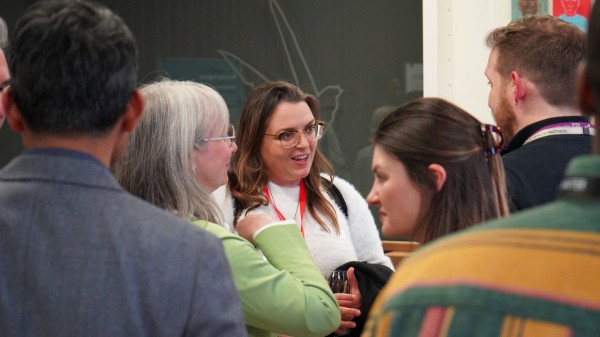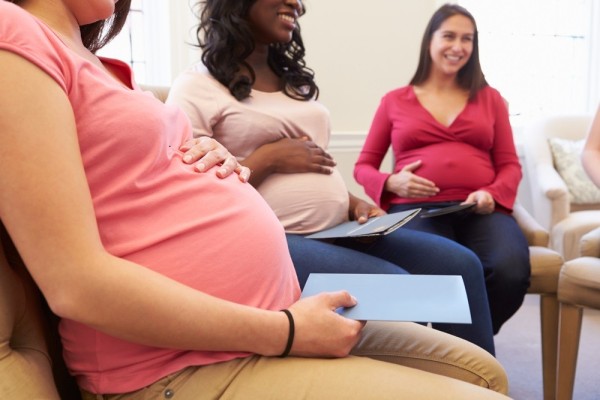Our vision is to improve the health of women and children.
Since the launch of our refreshed strategy in 2020, we have focussed on enabling this vision by developing mechanisms to enhance the strategic alignment of King's College London and our NHS partners to improve health and care through increased translation of discoveries from early scientific research into patient benefit.
We do this through:
Ask the Institute: a service providing advice, support and research for those working in health and social care across south east London, helping them translate knowledge into action and enhance evidence-based practice.
The Knowledge Hub: a one stop shop providing and signposting information and support for research and researcher development.
King’s Clinical Trials Unit: The Women and Children’s Health Specialist Section of the King’s Clinical Trials Unit website (King's College London) offers remotely accessible advice services, including support for development and delivery of women’s and children’s clinical trials.
Research Support: our Research Support Manager, provides advice and support to clinical academics across the partnership applying for funding and facilitating academic collaboration. To find our more please email khp-iwch




